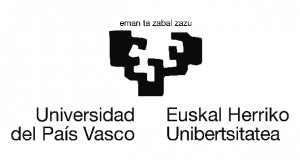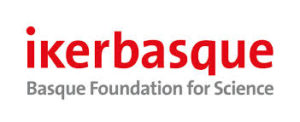Quantum chemistry and computer modeling have made a major impact on the chemist’s way of thinking and working. They have enjoyed the benefits of the remarkable achievements in computer technology and have reached to a point where they can provide results with an accuracy approaching that of the experiments with the freedom to consider rare or even “impossible” species and configurations which can hardly be accessible to experimental observation. In spite of its great usability, quantum chemistry is more than a collection of practical rules and recipes. It lies on strong foundations. The theory is based on the study of practical solutions to the Schrodinger equation, and this quest has enriched chemistry with a number of new concepts and interpretations that help in rationalizing the vast land of chemical knowledge. Concepts like electronic configuration, valence orbitals, resonance, σ-π separation, electron charge-transfer, electron correlation, etc., have been created in the course of quantum chemical research and many of them have been pivotal to develop the field.
Our research focuses of both aspects of quantum chemistry, development of new methodology and application of the methods to relevant chemical problems.
Kimika Teorikoa
Euskal Herriko Unibertsitatea


